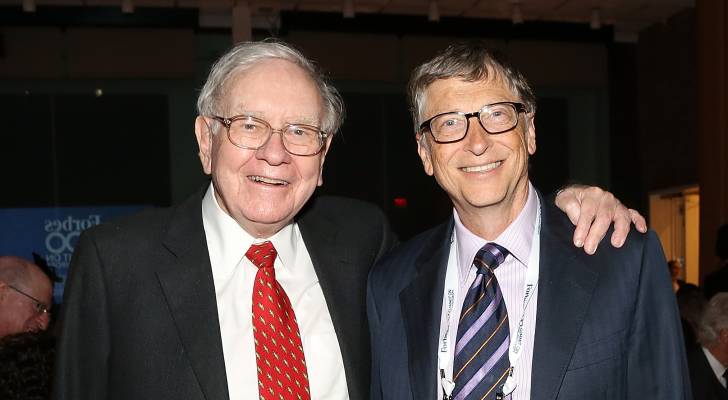SUN.io Launches SUN DAO to Enhance Decentralized Governance and Drive Ecosystem Innovation

Singapore,July 30, 2024, 12:00 PM – SUN.io, a leading DeFi platform built on the TRON blockchain, is thrilled to announce the launch of SUN DAO. This strategic initiative aims to enhance SUN.io’s decentralized governance and community autonomy. By expanding the real-world use cases of the SUN token, SUN DAO will support the development and long-term […]
UQUID Integrates USDT on TRON for Seamless Public Transport Payments in Argentina

Buenos Aires, Argentina – August 1, 2024 – UQUID, a pioneer in Web3 shopping platforms, has introduced a new feature allowing users to top up their SUBE cards using USDT on the TRON blockchain. This new functionality aims to streamline how Argentine commuters manage their public transportation expenses, leveraging cryptocurrency for everyday transactions. SUBE cards […]


